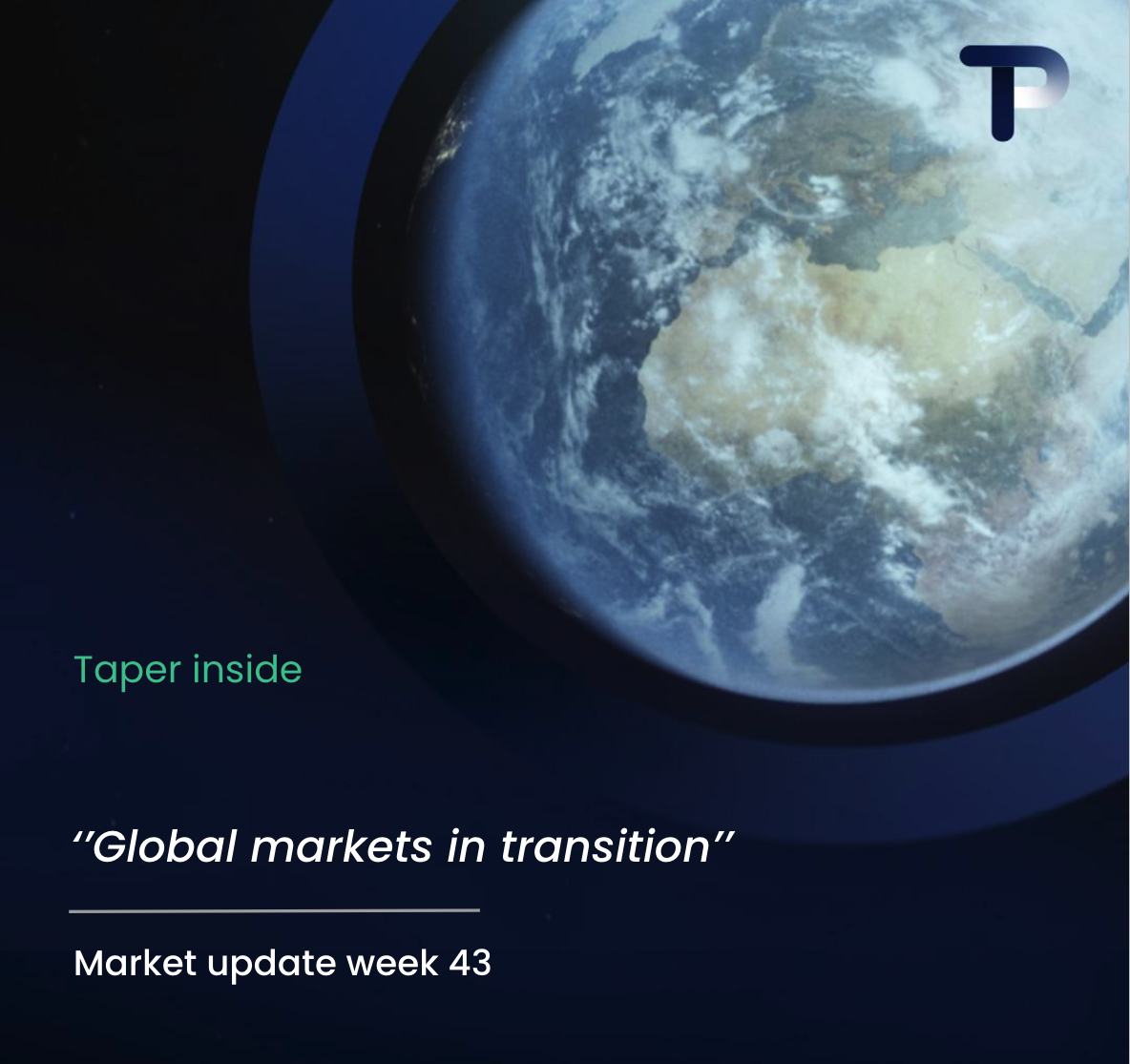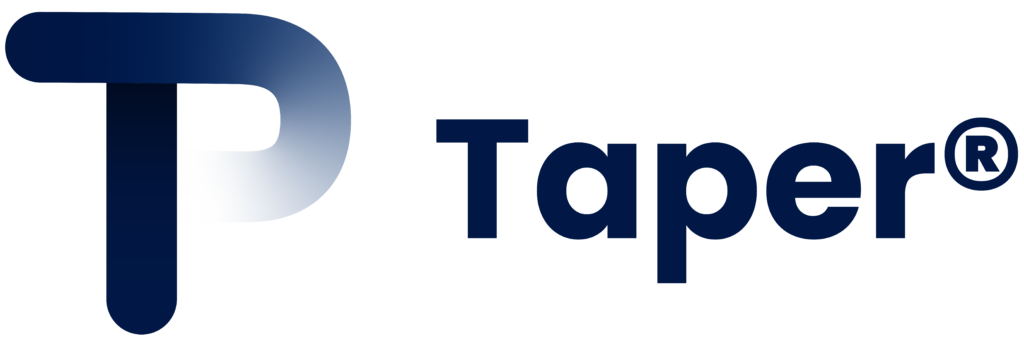Modern trade finance features include automated digital processing, real-time transaction tracking, multi-currency IBAN accounts, and comprehensive compliance automation. These contemporary solutions streamline international trade operations through cloud-based platforms, integrated foreign exchange tools, and seamless documentation management, replacing traditional paper-based processes with efficient digital workflows that reduce costs and processing times for global businesses.
Understanding modern trade finance fundamentals
Modern trade finance represents a fundamental shift from traditional banking approaches to digital-first solutions that prioritise speed, transparency, and cost-effectiveness. Unlike conventional methods that rely heavily on paper documentation and lengthy approval processes, contemporary trade finance solutions leverage cloud technology and automated systems to facilitate international transactions.
The digital transformation has revolutionised how businesses approach international trade financing. Traditional trade finance often required multiple bank relationships, extensive paperwork, and weeks of processing time. Today’s solutions integrate payment processing, currency exchange, and compliance management into unified platforms.
Key differences between modern and traditional approaches include real-time visibility into transaction status, automated compliance checking, and the ability to manage multiple currencies through single platforms. This evolution has particularly benefited small and medium enterprises that previously struggled with the complexity and cost of international trade operations.
The contemporary landscape emphasises flexibility and scalability, allowing businesses to adapt their financial operations as they grow internationally. Modern providers focus on eliminating the administrative burden that traditionally consumed significant resources in international trade.
What are the core digital features of modern trade finance?
Automated processing systems form the backbone of modern trade finance, eliminating manual intervention in routine transactions and reducing processing times from days to hours. These systems handle everything from initial transaction validation to final settlement without requiring constant human oversight.
Real-time transaction tracking provides complete visibility throughout the payment journey. Businesses can monitor their international payments from initiation to completion, similar to package tracking services. This transparency helps with cash flow planning and provides immediate alerts if issues arise during processing.
Digital documentation management replaces traditional paper-based systems with secure cloud storage and automated document processing. Invoice management, compliance documentation, and transaction records are digitised and easily accessible through web-based platforms.
Cloud-based platforms ensure accessibility from anywhere whilst maintaining bank-level security. These systems integrate with existing business software, allowing seamless data flow between accounting systems, payment platforms, and reporting tools. The infrastructure scales automatically as transaction volumes increase, eliminating the need for costly system upgrades.
How does multi-currency support work in modern trade finance?
Multi-currency IBAN accounts allow businesses to hold and receive payments in various currencies without maintaining separate bank relationships in each country. These accounts function like traditional bank accounts but support multiple currencies within a single platform, simplifying international cash management.
Foreign exchange integration provides competitive rates and transparent pricing directly within the payment platform. Rather than requiring separate currency conversion transactions, modern systems automatically handle FX conversion as part of the payment process, often at better rates than traditional banks offer.
Currency hedging tools protect businesses from exchange rate fluctuations through forward contracts and flexible hedging options. These instruments allow companies to lock in favourable exchange rates for future transactions, providing predictability for international trade planning.
Seamless currency management means businesses can operate internationally without the complexity of multiple banking relationships. Payments can be received in one currency and automatically converted to another, whilst maintaining clear records of all transactions and exchange rates applied.
Why is compliance automation important in trade finance today?
Compliance automation handles the complex regulatory requirements of international trade without manual intervention, ensuring adherence to KYC and AML regulations across multiple jurisdictions. This automation reduces compliance costs whilst maintaining the highest standards of regulatory adherence.
Automated KYC processes verify customer identities and business credentials using digital verification methods. These systems check multiple databases and watchlists simultaneously, completing verification processes that previously required days of manual work in minutes.
AML screening runs continuously in the background, monitoring transactions for suspicious patterns and automatically flagging potential issues. This ongoing monitoring ensures compliance with anti-money laundering regulations without disrupting normal business operations.
Sanctions checking occurs automatically for every transaction, comparing parties and destinations against global sanctions lists. This real-time verification prevents businesses from inadvertently violating international sanctions whilst maintaining smooth payment processing for legitimate transactions.
Modern systems maintain detailed audit trails and generate compliance reports automatically, simplifying regulatory reporting requirements and reducing the administrative burden on businesses operating internationally.
Key takeaways for choosing modern trade finance solutions
When selecting trade finance partners, prioritise integration capabilities that connect seamlessly with your existing business systems. The best solutions offer APIs and direct integrations with popular accounting software, reducing data entry and improving accuracy across your financial operations.
Cost-effectiveness extends beyond simple fee comparison to include hidden costs, exchange rate margins, and time savings. Modern solutions often provide better overall value through transparent pricing, competitive exchange rates, and reduced administrative overhead.
Scalability considerations should include the platform’s ability to grow with your business, supporting increased transaction volumes and additional currencies without requiring system changes. Look for solutions that offer flexible pricing models that align with your growth trajectory.
Customer support quality becomes particularly important when dealing with international transactions across different time zones. Choose providers that offer direct access to knowledgeable support staff rather than call centres, ensuring quick resolution of any issues that arise.
Security and regulatory compliance should be non-negotiable features, with providers offering segregated client funds, comprehensive insurance coverage, and full regulatory authorisation in relevant jurisdictions.
For businesses ready to modernise their international payment operations, we at TaperPay combine all these modern trade finance features into a comprehensive platform designed specifically for growing international businesses. Our approach eliminates the complexity of traditional banking whilst providing the security and reliability you need for global operations.
Frequently Asked Questions
How long does it typically take to set up a modern trade finance platform for my business?
Most modern trade finance platforms can be set up within 2-5 business days, depending on your business complexity and compliance requirements. The digital onboarding process includes automated KYC verification, document upload, and account configuration. Unlike traditional banking relationships that may take weeks to establish, modern solutions prioritise quick deployment whilst maintaining thorough security checks.
What happens if there's an issue with an international payment in progress?
Modern platforms provide real-time alerts and direct communication channels with support teams who can intervene immediately. Unlike traditional systems where payments disappear into a 'black box,' you'll receive instant notifications of any issues, and support staff can track the exact status and location of your payment. Most issues are resolved within hours rather than days.
Can I still use my existing accounting software with a modern trade finance platform?
Yes, most modern trade finance solutions offer API integrations or direct connections with popular accounting software like Xero, QuickBooks, and Sage. This means transaction data flows automatically into your existing systems, eliminating double data entry and ensuring your financial records stay synchronized. Integration typically takes just a few clicks to set up.
How do modern platforms protect against exchange rate fluctuations on large transactions?
Modern trade finance platforms offer forward contracts and hedging tools that allow you to lock in exchange rates for future payments, sometimes up to 12 months in advance. You can also set rate alerts to notify you when currencies reach favorable levels. These tools are typically accessible directly within the platform, unlike traditional banking where hedging requires separate complex arrangements.
What's the biggest mistake businesses make when switching to modern trade finance?
The most common mistake is not fully utilizing the automation features and continuing manual processes unnecessarily. Many businesses initially use modern platforms like traditional banks, missing out on automated compliance, bulk payment processing, and integration capabilities. Take time to explore all features and set up proper integrations to maximize efficiency gains.
Are there transaction limits or restrictions with modern trade finance platforms?
Transaction limits vary by provider and are typically much more flexible than traditional banks. Most modern platforms offer higher limits for verified businesses and can increase limits quickly as your transaction history grows. Unlike traditional banks, many modern providers don't impose arbitrary country restrictions and can process payments to most global destinations.
How do I ensure my funds are safe with a modern trade finance provider?
Look for providers that offer segregated client accounts (your funds are kept separate from company funds), regulatory authorization from financial authorities, and comprehensive insurance coverage. Reputable modern trade finance companies are often regulated by the same authorities as traditional banks and must meet similar security standards, but with the added benefit of more transparent operations.



